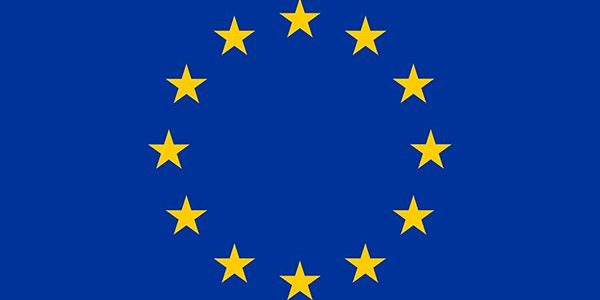Licensing and Distribution Practices: Nike, Sanrio and Universal Studios Are Being Investigated In The EU
On 14 June 2017 the European Commission opened three investigations into licensing and distribution practices of Nike, Sanrio and Universal Studios and their ability to restrict cross-border and online sales of merchandising products within the EU single market.
Merchandising products – shoes, clothes, phone accessories, toys, bearing an image/text may only be produced if the manufacturer has a licensing agreement with the intellectual property owner. The three companies under investigation license IP lights for certain world known brands (e.g. Fútbol Club Barcelona, Hello Kitty, and the “Minions” and “Despicable Me” respectively).
The investigation concerns whether the mentioned three companies restricted the ability of licensees to sell licensed merchandised goods cross-border and online, which may be harmful for consumers in terms of choice and prices.
The investigation is in line with the EC’s E-commerce sector inquiry in the context of the Digital Single Market strategy and other investigations, i.e. an investigation into the distribution practices of Guess (see below). The main aim is to ensure that the licensing policies are not used as barriers to online and offline cross-border trade. The case is a good example of interplay between IP and competition rules.
Distribution Practices of Clothing Company Guess Are Under Investigation In The EU
On 6 June 2017 the European Commission launched a formal investigation into the distribution agreements of Guess Group on suspicion that the company has been restricting retailers from selling cross-border to consumers in violation of competition law and e-commerce sector inquiry issues.
Companies are normally free to choose a distribution system that suits them best. However, restricting online sales of retailers, as well as offline sales of wholesalers to retailers in other Member states may be considered as a violation of Article 101 of the Treaty on Functioning of the EU in certain circumstances.
The case should be of a special interest for companies that conclude distribution agreements (for clothing, shoes and accessories) that contain cross-border sales restrictions, cross-selling bans among members of a selective distribution system, internet sales limitations and resale price restrictions.
Hanna Stakheyeva








